The sweeping melodies and love songs of Fado music have echoed along the streets of Lisbon for centuries. This distinctive art of Portugal, characterized by its descriptions of longing and destiny, offers visitors a glimpse into the soul of a people where joy and sorrow unite in songs that deeply resonate within ancient walls.
Following is a list of 20 great Fado venues in Lisbon’s historic quarters that offer authentic Fado performances.
Tasca do Chico
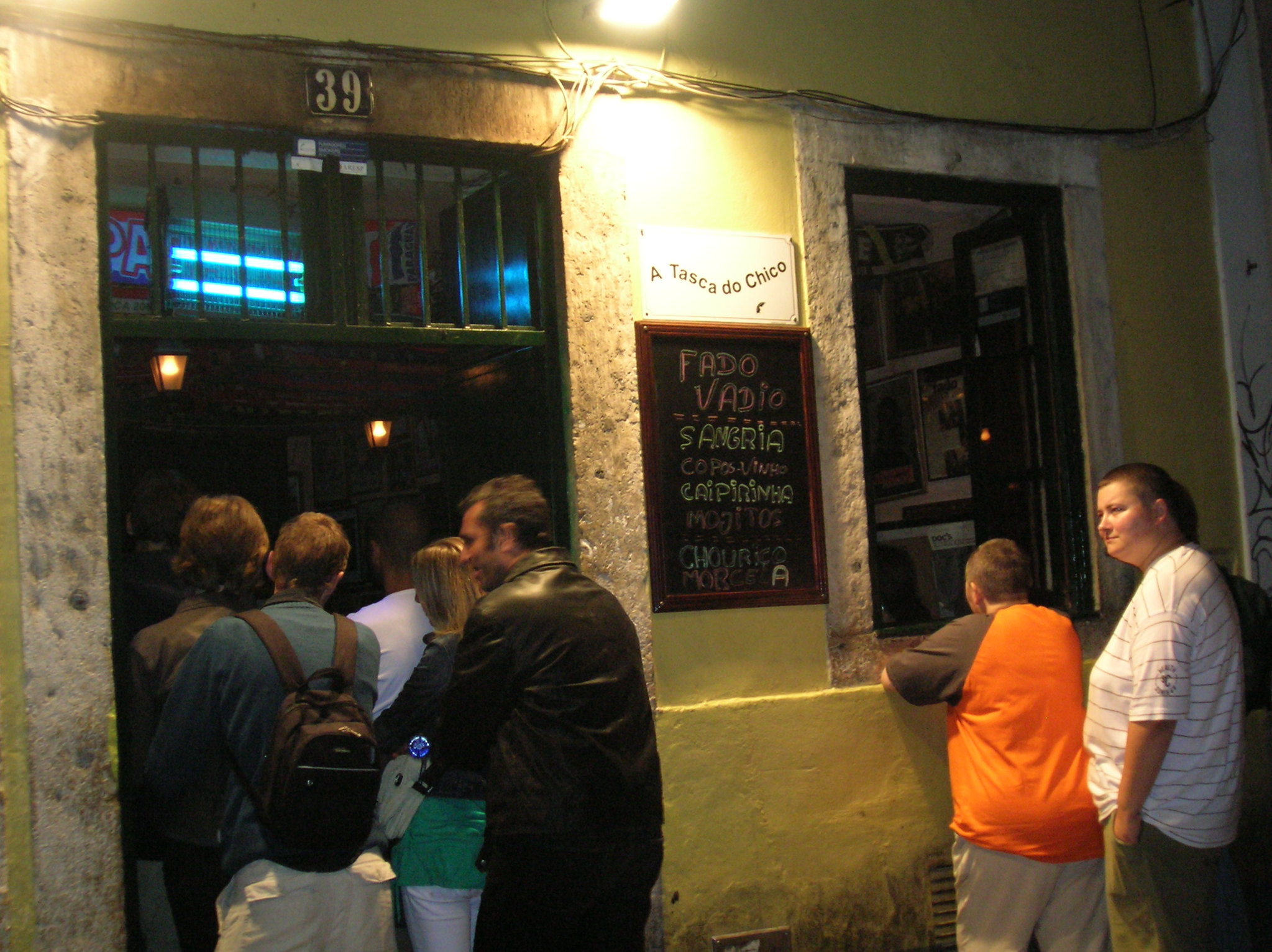
This tiny tavern in Bairro Alto possesses a touch of authenticity with its tight quarters and walls decorated with old pictures of legendary Fado singers. The shows begin at around 9 PM, when lights are turned down and conversations fade.
It becomes an intimate affair where amateur musicians often deliver the most haunting moments as their voices resonate in the dimly lit chamber.
A Severa
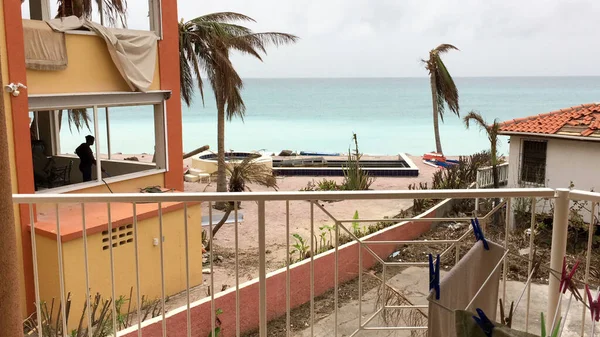
Dedicated to Maria Severa, the first Fado singer legend, this historic bar in the Mouraria neighborhood serves the best Portuguese cuisine and nightly live performances. During the courses, the small azulejo-tiled stage hosts both older and newer artists, so guests may listen to how the style has evolved through different versions from different generations.
Like Travel Pug’s content? Follow us on MSN.
Clube de Fado
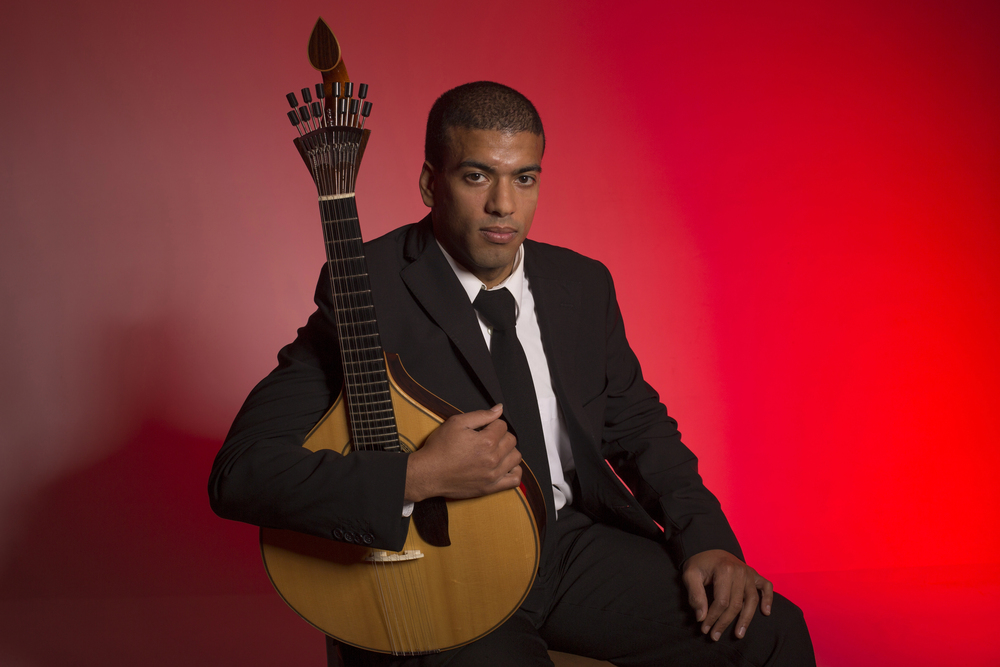
Located in a medieval structure close to the cathedral, this intimate concert space, started by celebrated guitarist Mário Pacheco, is home to some of the city’s top musicians. Old stone archways enclose the playing area, where the acoustic quality arises not from modern technology but from centuries of architectural refinement, allowing every guitar note to ring clearly.
Casa de Linhares
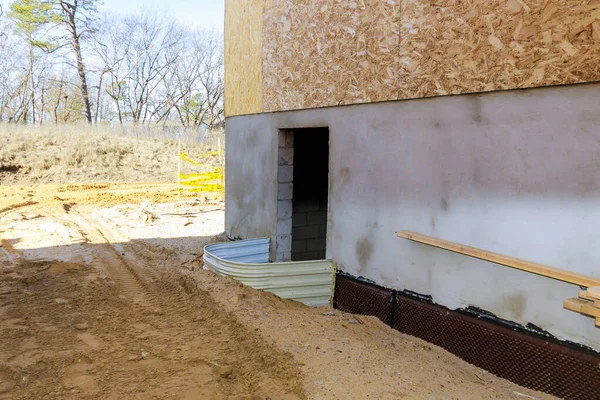
In a former palace in Alfama, this elegant restaurant offers Fado in surroundings that respect Portugal’s aristocratic past with chandeliers and antique furniture. The elevated stage provides good sight from all the tables, and the excellent acoustics of the old room allow singers to sing with subtle dynamics not usually possible in less formal environments.
Parreirinha de Alfama
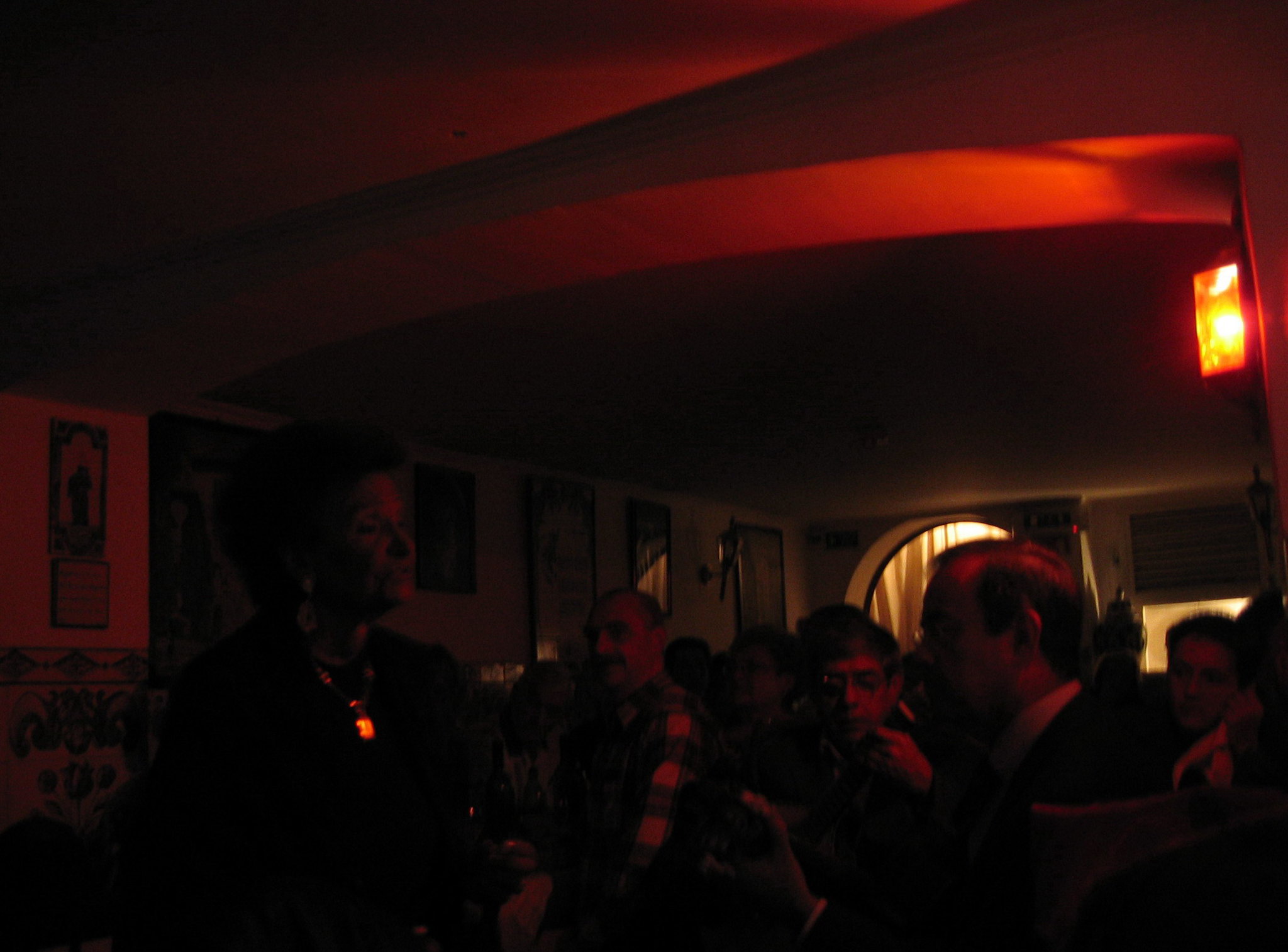
Founded by the mythical Argentine Santos, this authentic tavern has provided Fado performances since 1950 without compromising its traditional nature. Family recipes follow musical performances that often continue until late at night, creating an experience where culinary and musical traditions are combined in this cornerstone of Alfama’s Fado culture.
Like Travel Pug’s content? Follow us on MSN.
Mesa de Frades
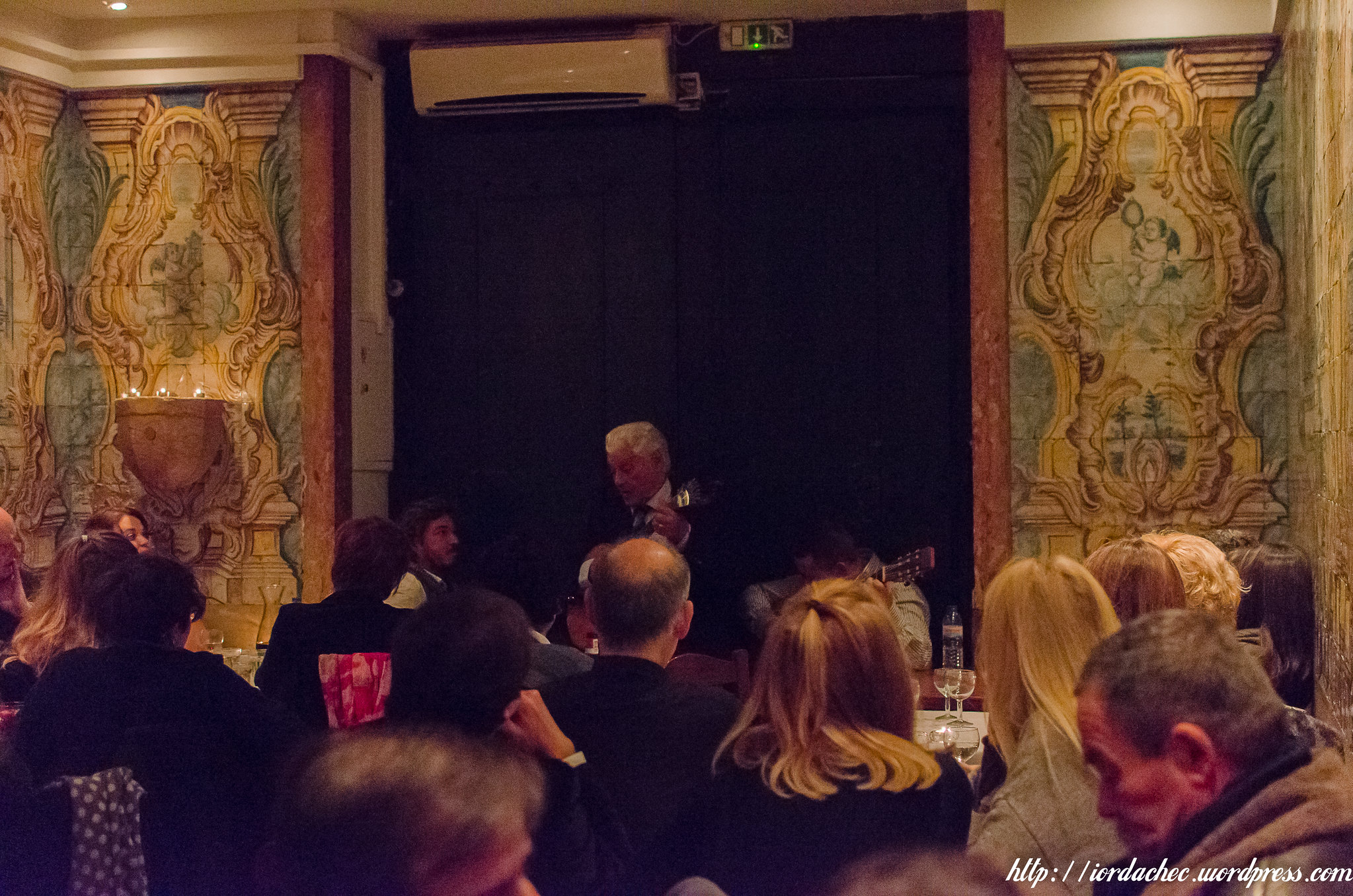
This 18th-century past chapel in the oldest neighborhood in Alfama, containing breathtaking azulejo tile work, contains an air of respectability most suitable for Fado’s excessive emotionalism. Seating accommodates a couple of dozen tops.
As intimate as salons are, some concerts here are due to the performances of celebrated fadistas such as Ana Sofia Varela on the scant floor space, which also serves as a stage in this perfectly acoustics past chapel.
Sr. Fado
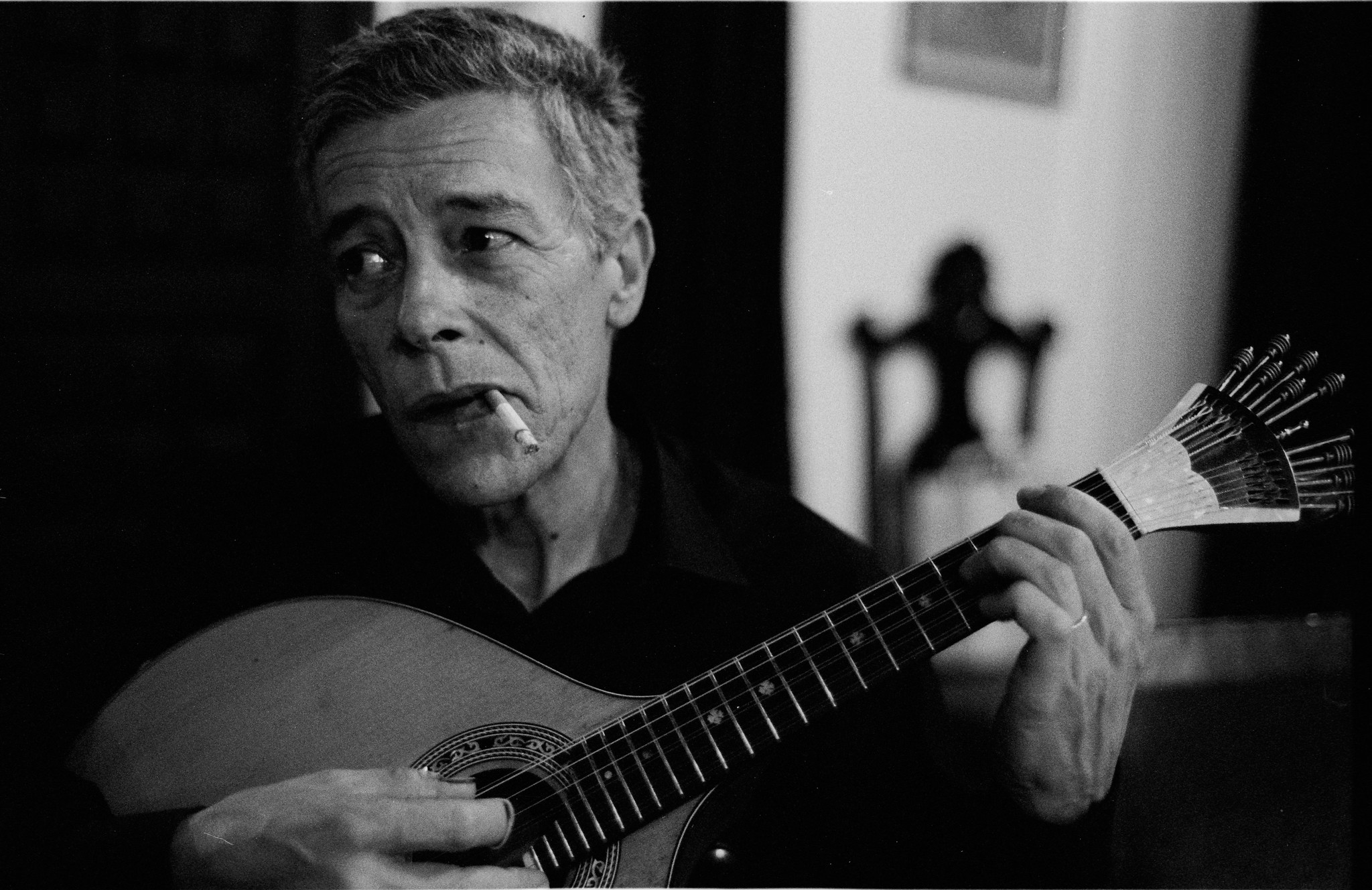
Run by fadista Ana Marina and guitarist Duarte Santos, this restaurant/performance space blends intimate Fado with storytelling. The owners often provide historical context and lyrics between songs, helping international guests appreciate Fado’s poetic depth.
Povo

This trendy nightclub appeals to the younger population with its contemporary take on Fado. It frequently features new, innovative artists who mix traditional with mild, new-school influence.
The simple yet thoughtful lighting design makes the setting one where tradition meets innovation, demonstrating how Lisbon has continued to evolve while maintaining respect for its musical heritage.
Like Travel Pug’s content? Follow us on MSN.
Café Luso
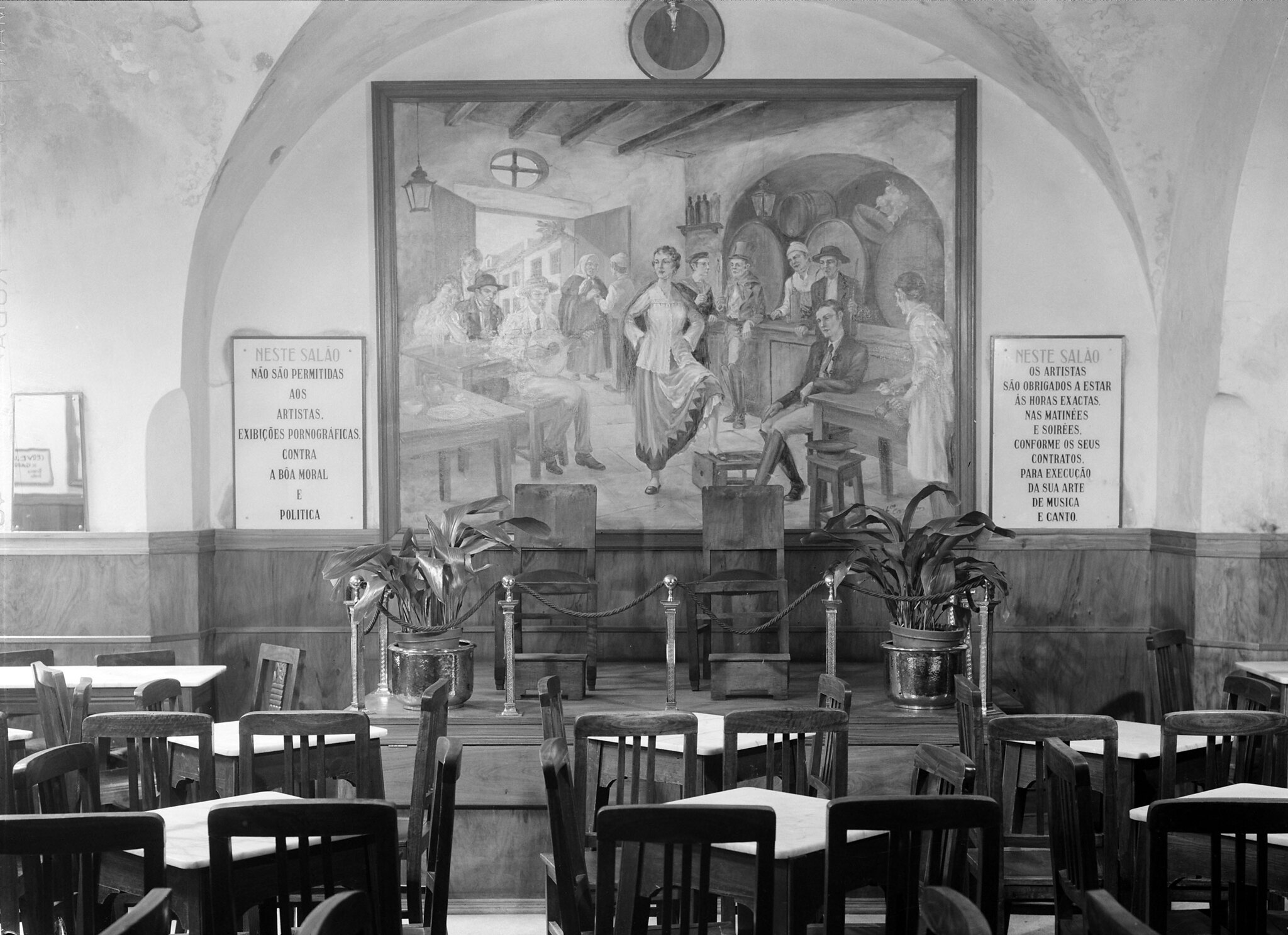
Dating back to 1927 in the neighborhood of Bairro Alto, this classic club inhabits ancient horse stables with stone arches surrounding the stage. Several fadistas perform throughout the evening in choreographed sets, presenting various styles and generations, giving visitors an overall tour of the genre’s variety in Portugal’s oldest continuously running Fado house.
Casa de Fados
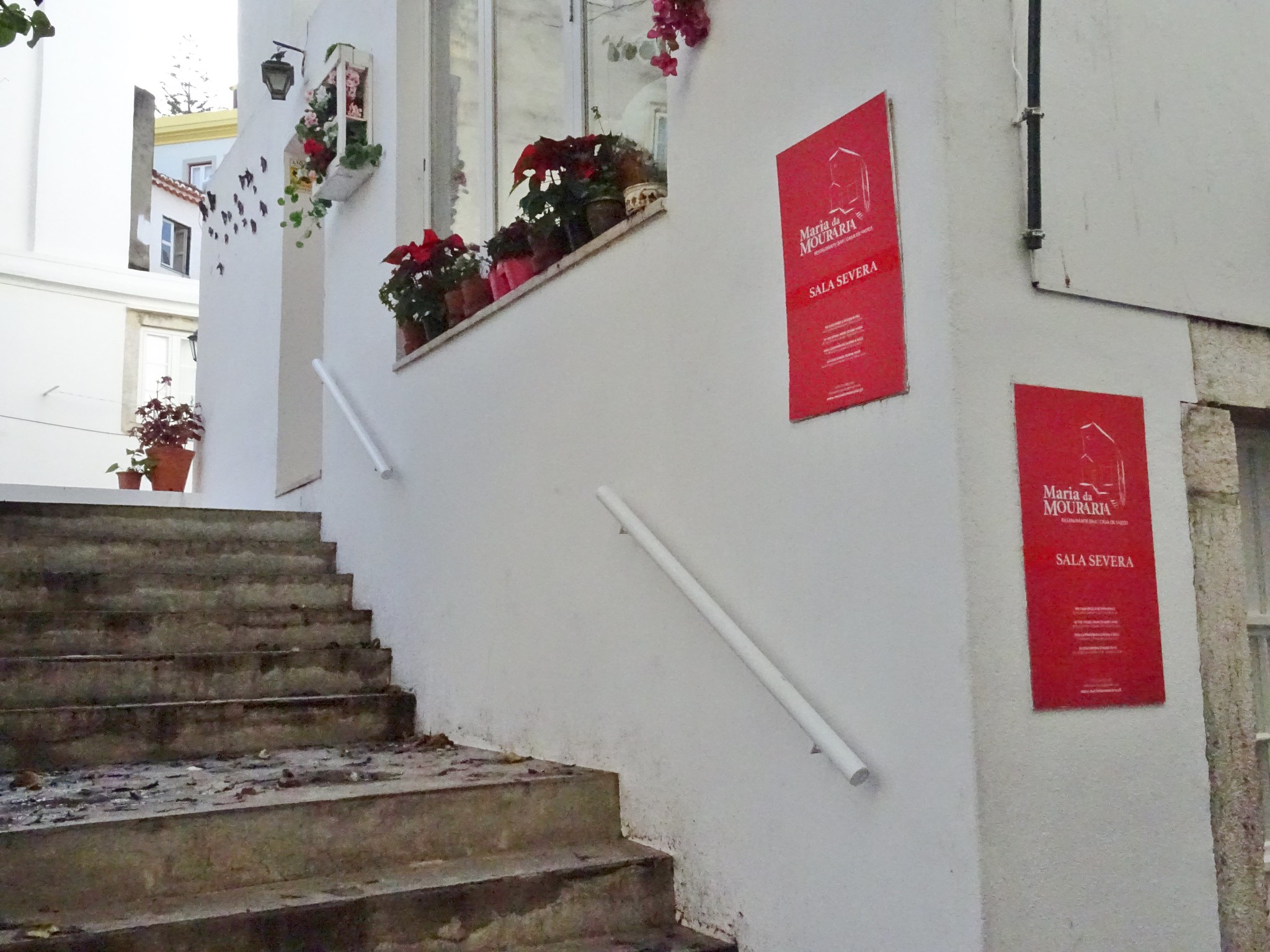
This tiny space in the Alfama quarter is the casas de fado tradition in its essence, with a focus on music over fancy eating. The performers walk about rather than holding a fixed stage, generating moments of startling closeness as the singers stand next to tables, their voices uninterrupted by space or machinery.
Adega Machado
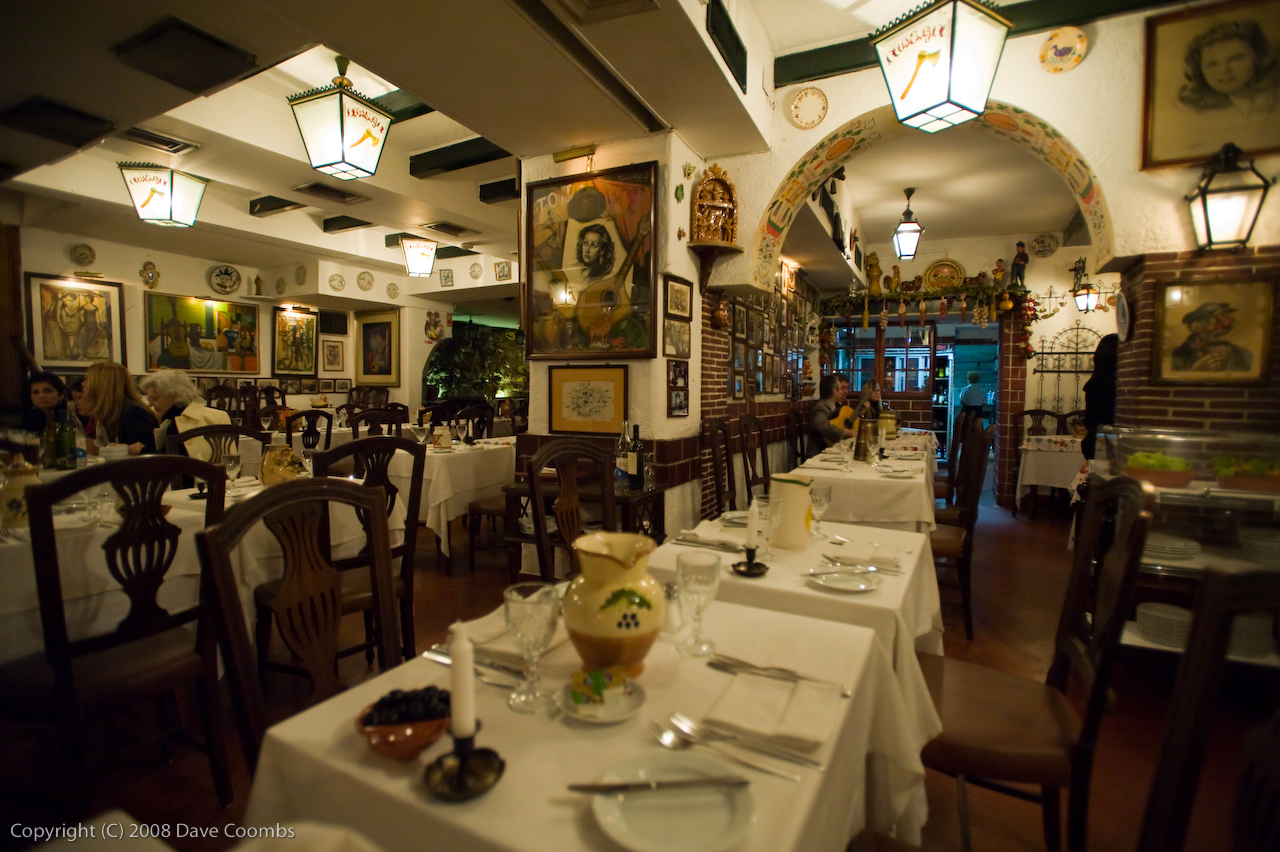
Established in 1937 and newly refurbished, this Bairro Alto institution strives to balance the conservation of tradition and modern comfort. The mirrored walls and careful illumination produce perfect acoustics and allow guests unobstructed sight of performers in all directions, which makes it especially popular among international tourists searching for a classy Fado experience.
Like Travel Pug’s content? Follow us on MSN.
O Faia
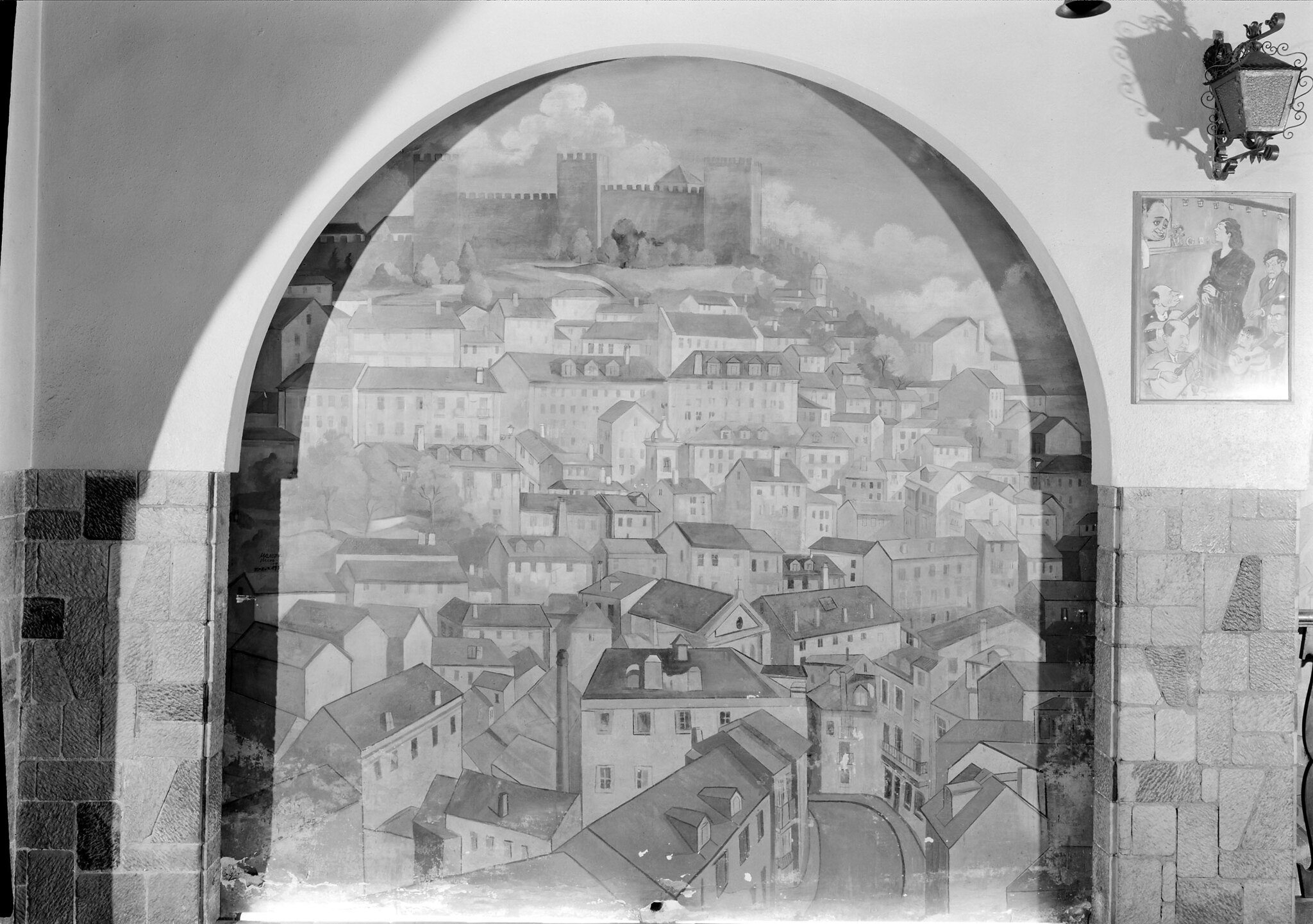
Established by fadista legend Lucília do Carmo, this house keeps her tradition alive with performances that emphasize technical perfection and emotional authenticity. The elevated stage and professional sound system ensure optimal listening conditions.
Meanwhile, the restaurant’s seaside cuisine provides a tasty complement to the musical offerings, which typically feature three different fadistas nightly.
Senhor Vinho
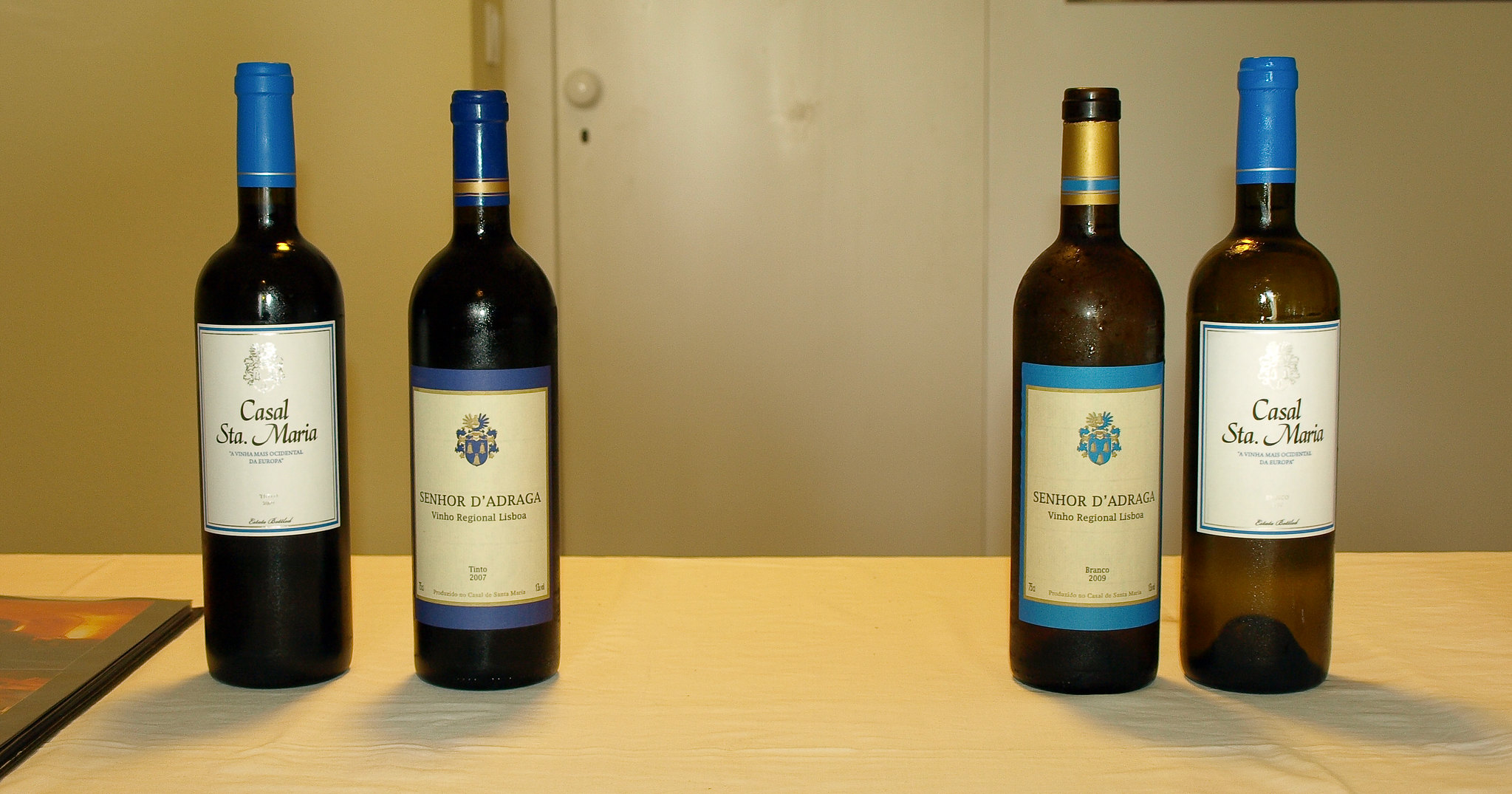
Run by renowned fadista Maria da Fé, this upscale club in the neighborhood of Lapa attracts serious Fado enthusiasts who are willing to witness extraordinary performances in refined atmospheres. The proprietor will occasionally perform impromptu sets, creating unforgettable experiences for clients lucky enough to witness this living legend close-up in an elegantly decorated room with original Fado memorabilia.
Royal Fado
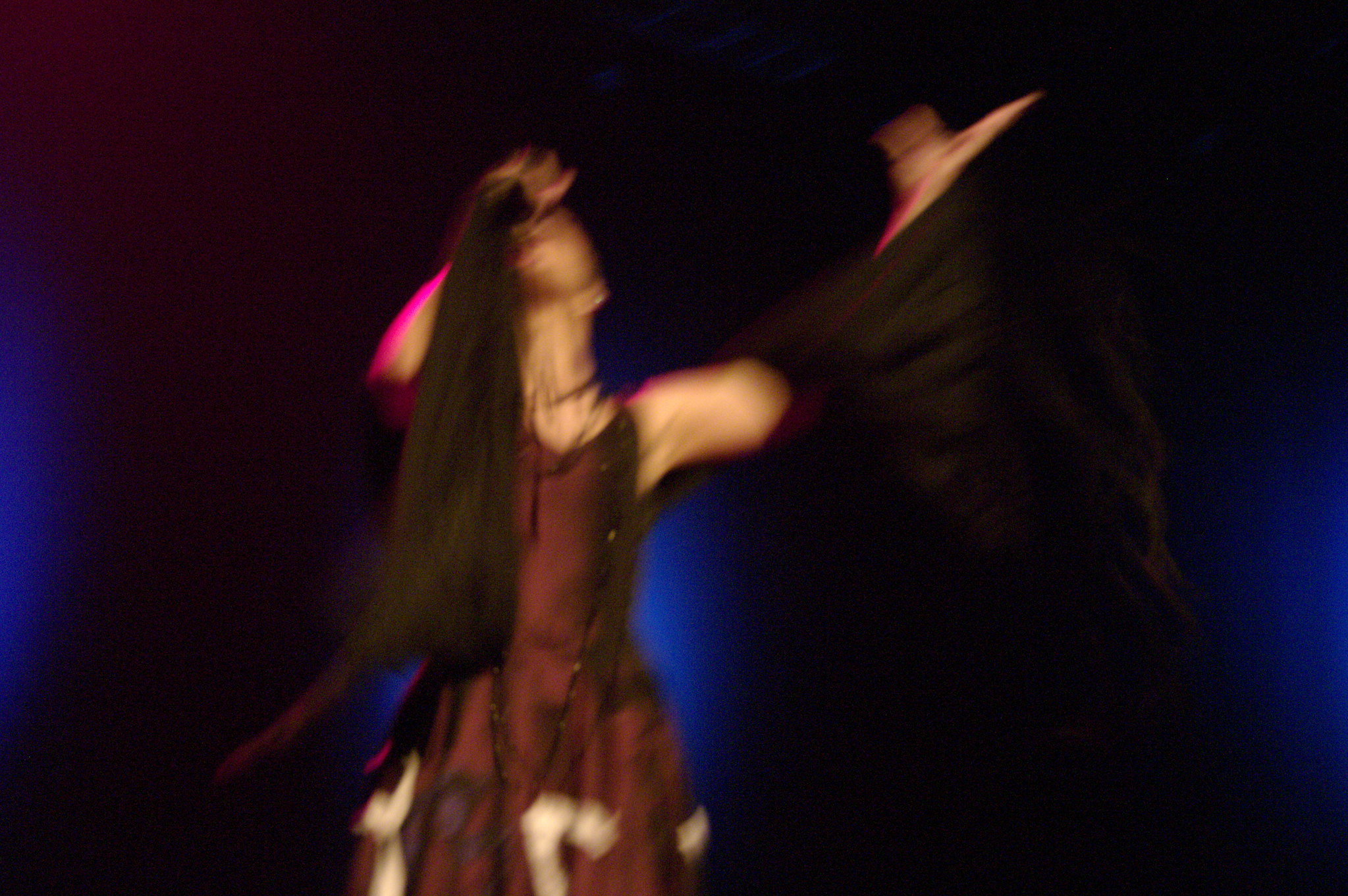
This club provides tourists with access to true tradition through previous performances and good standards of music. The tiered seating and good acoustics allow for good sight and make it accessible to new listeners of Fado who do not want to contend with the typically late closing times of more traditional clubs.
Like Travel Pug’s content? Follow us on MSN.
Tasca da Bela
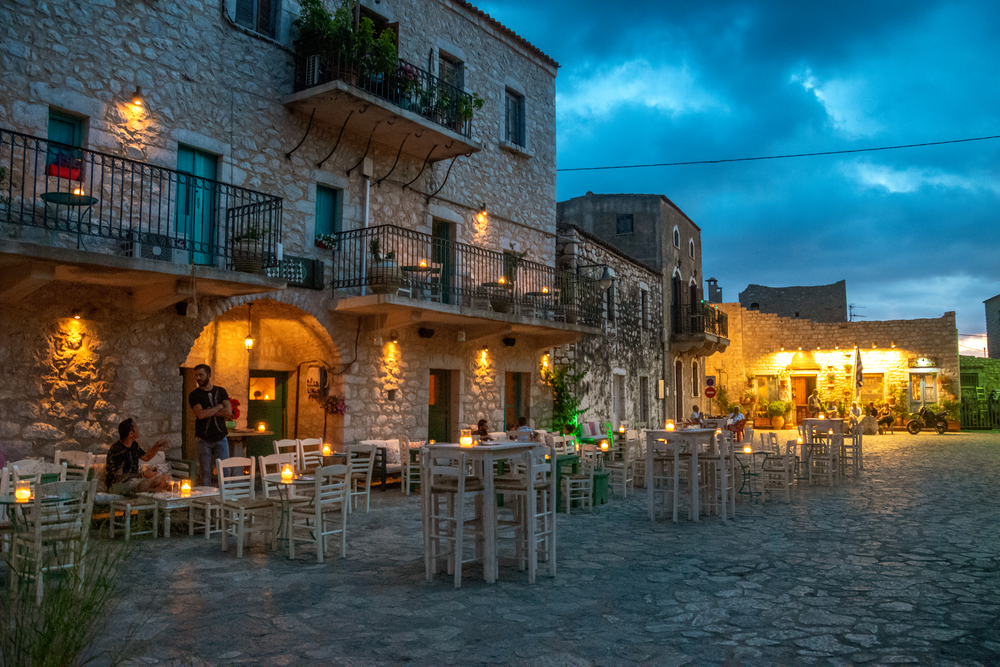
This humble tavern in Mouraria is the essence of Fado. When neighborhood fadistas drop by for a wine, spontaneous and unpolished performances are likely to take place.
The intimate setting and absence of space between the musicians and the audience create an immersive environment where tourists become part of the cultural heritage rather than passive observers.
Fado em Si
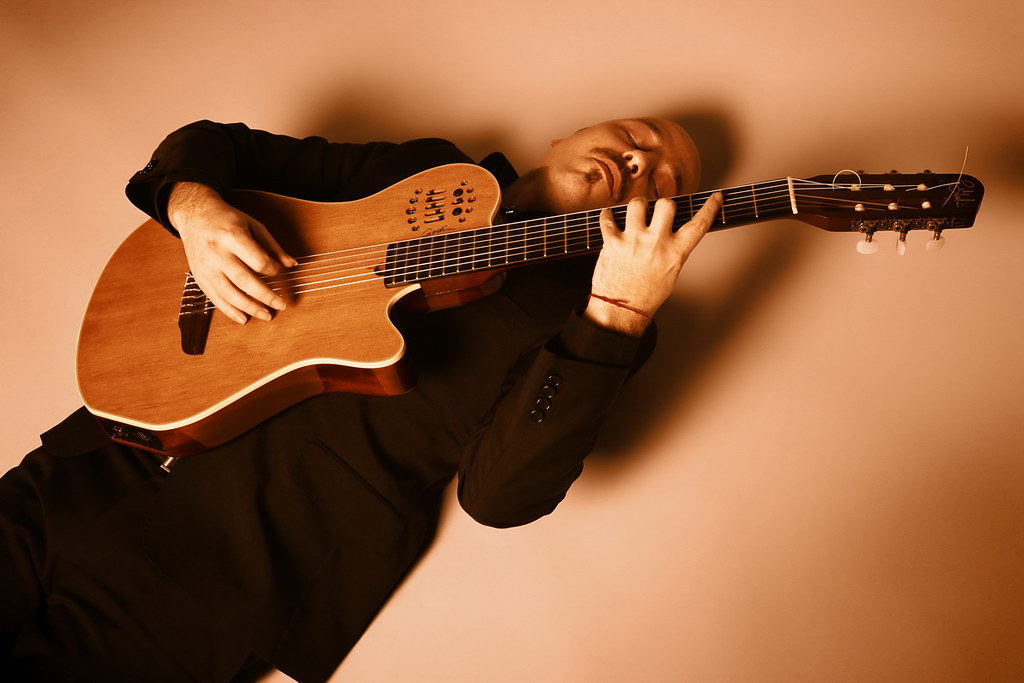
This modern interpretation of a Fado house in Cais do Sodré attracts cosmopolitan audiences with its new kind of food and performance style. The sophisticated lighting and acoustics enhance the performances that often attract young crowds, demonstrating how this ancient form of music continues to evolve while maintaining its emotional appeal.
Fado ao Carmo
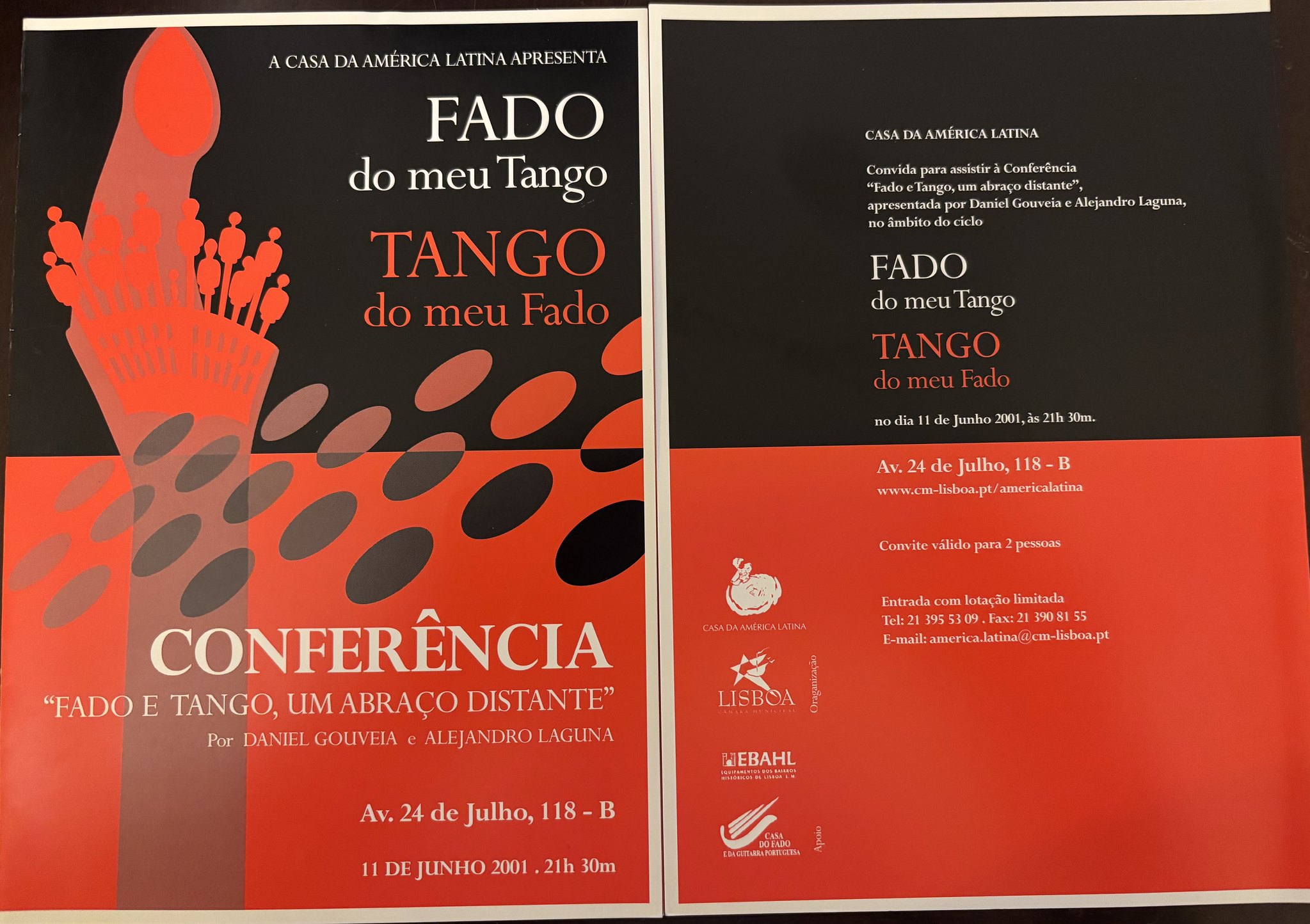
Situated in an old building near Carmo Convent, this house is the pinnacle of architectural preservation and musical heritage in well-thought-out settings. The large view and sound make great accompaniment to performances that regularly feature notable performers and newcomers alike, providing a well-balanced experience that glances backward while safeguarding Fado’s future.
Like Travel Pug’s content? Follow us on MSN.
A Baiuca
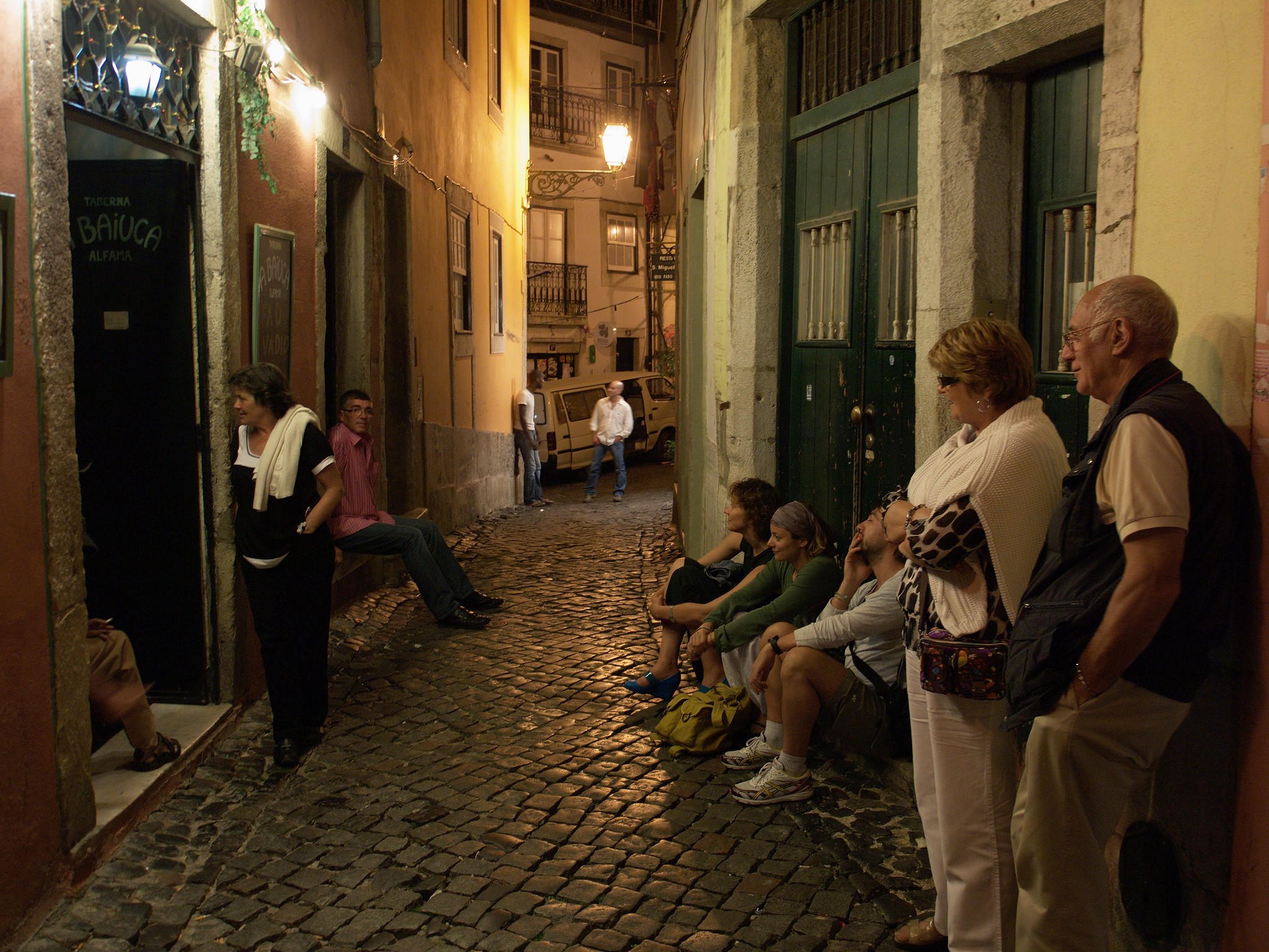
This tiny pub in Alfama is a classic tasca experience with communal seating and low formality. Performances often become informal sessions where neighborhood regulars sit in on professional fadistas, giving true moments of communal expression rare in more commercially driven houses.
Estrela da Sé
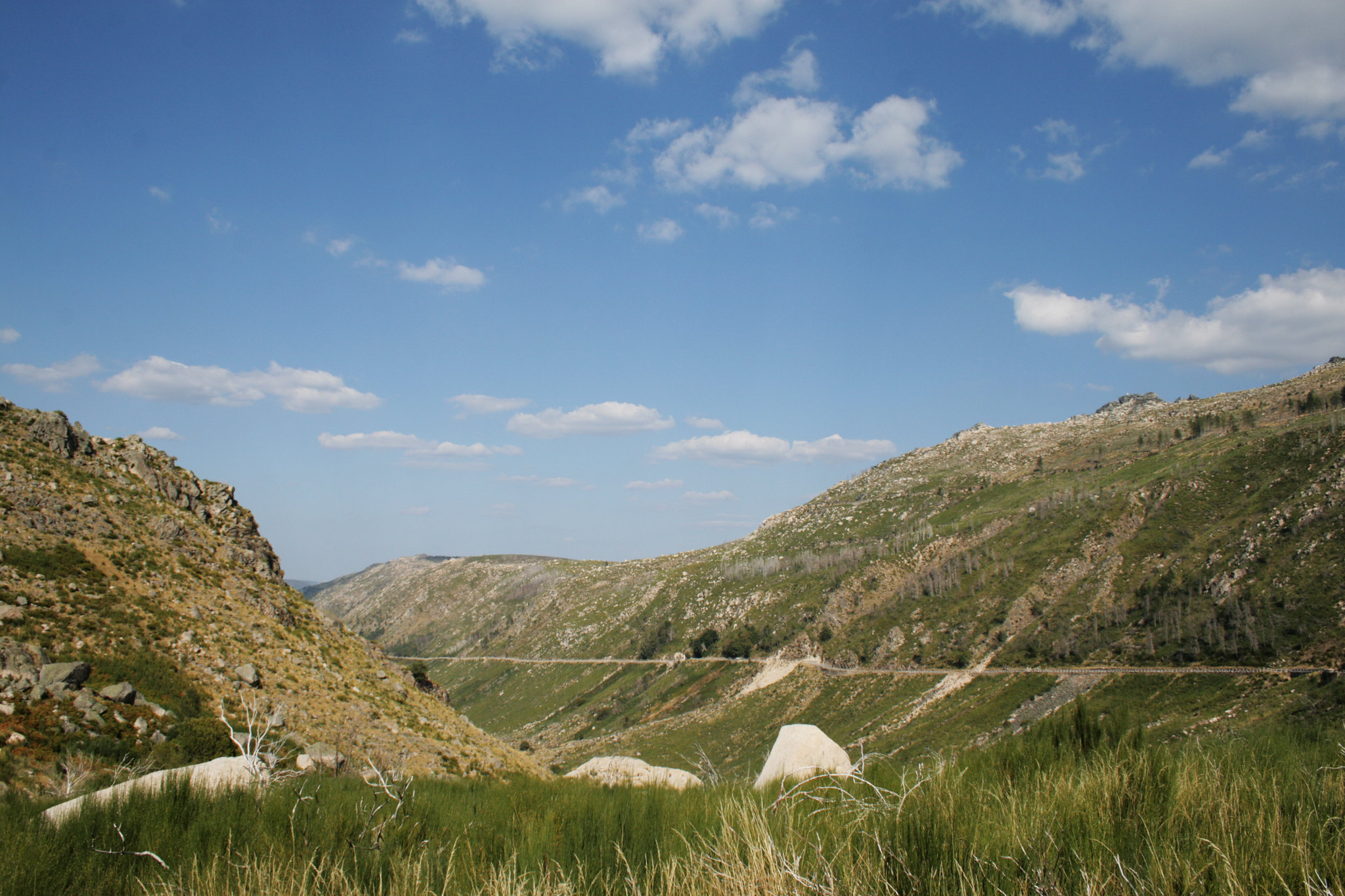
This small venue, near Lisbon Cathedral, offers a more affordable Fado experience without compromise. The relaxed atmosphere allows for cross-talk between performer and spectator, creating memorable cultural interactions.
Fadistas often explain the history of the songs so international visitors may more readily grasp lyrical nuances.
O Pitéu da Graça
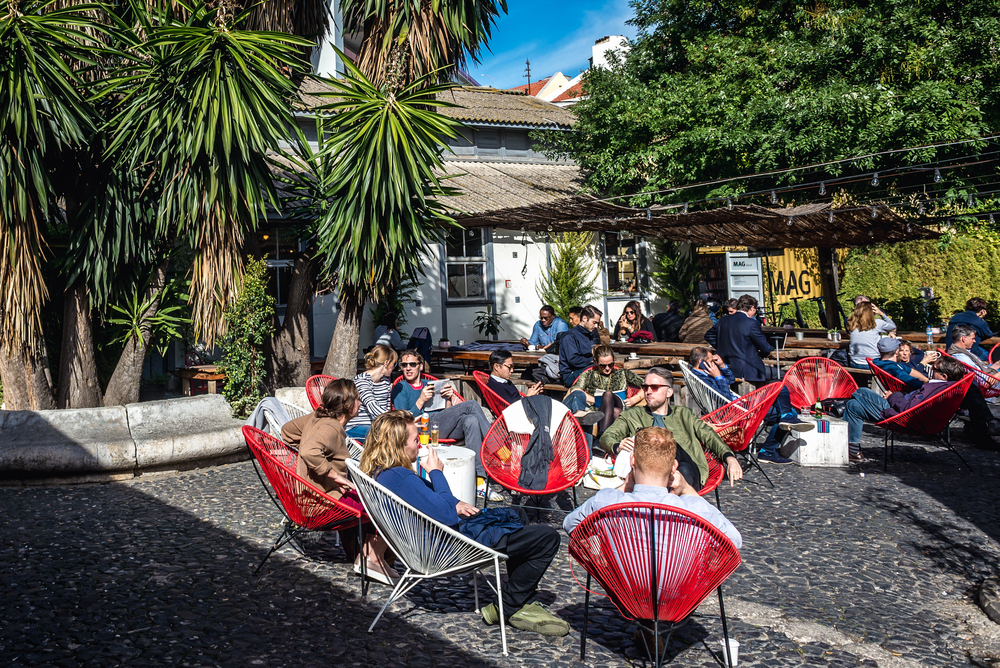
This local bistro in the Graça neighborhood provides Fado in its most authentic context—spontaneously occurring between courses and not as staged performances. The absence of microphones and dedicated performance space creates an intimacy impossible to achieve at more popular establishments, allowing visitors to listen to Fado the way local citizens have done for centuries.
Like Travel Pug’s content? Follow us on MSN.
The Living Heritage of Melancholy

Lisbon’s Fado venues offer more than music performances—they introduce us to Portuguese culture, where ‘saudade’ (an untranslatable nostalgia) finds its fullest expression.
From elegant restaurants to humble taverns, each venue contributes to this UNESCO-protected cultural heritage in which the soul of a country is voiced by voices that seem to carry centuries of collective memory. Suppose you prefer elegant performances or spontaneous sessions. In that case, Lisbon has Fado offerings that remain with you long after the final guitar chords fade into the evening atmosphere of this city of seven hills.
More from Travel Pug

- Cities Growing so Fast You Won’t Recognize Them in 10 Years
- 13 Destinations Where Tourists Regularly Regret Their Trip
- 16 U.S. Cities That Are Quietly Becoming Travel Hotspots
- Where to Travel If You Love Long Bus Rides and Daydreams
- 20 Cities Perfect for Solo Travelers Who Crave Adventure & Culture
Like Travel Pug’s content? Follow us on MSN.
